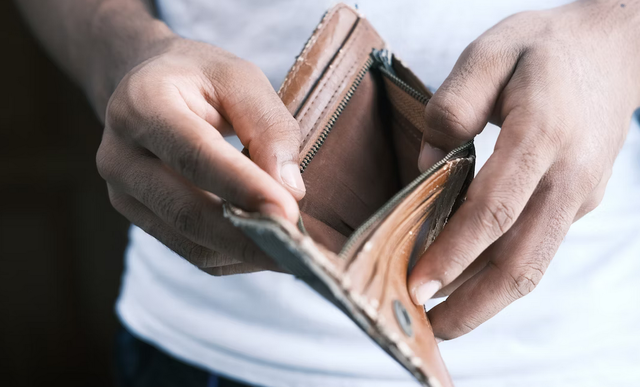What to Consider When Purchasing a Vacation Home
You'll want to start by establishing a budget so you can see what your priorities are and what you can afford. This will help you narrow your search and eliminate houses that don't fit within your spending range.
1. Determine How Much You'll Need to Buy a Vacation Home
Buying a second home is a big financial commitment, so knowing how much you can afford to spend on your new getaway is essential. Keep in mind that you'll need a down payment, closing costs, and other fees, plus you'll also have to cover property taxes and maintenance expenses for years after you close on the house.
2. Think About How You'll Use Your Vacation Home
The first thing you should consider when determining how much you need to save for your vacation home is what you plan to do with it. Do you plan to use it as your primary residence or rent it out? This will affect the type of mortgage you'll need to secure.
3. Look for a Home That's in a Popular Area
The locations of popular vacation spots tend to rise in value, so it's essential to look at these areas before you buy. If you're planning on renting your vacation home, you may also need to consider how accessible the property is to potential renters.
4. Ask About Taxes Before Buying a Vacation Home
If you're considering using your vacation home as a rental, check with the IRS and your lender for any specific rules you'll need to know. If you're able to rent out your vacation home, you can earn tax breaks on the rental income. However, the IRS rules on tax deductions for property taxes and mortgage interest on a second home can be complex.
5. Become a Better Homeowner
While owning a vacation home is a great investment, it can be challenging to maintain. You'll need to budget for regular maintenance and repairs, and the cost of unexpected emergencies can add up quickly. A good rule of thumb is to set aside 1% of the total purchase price for this purpose.
6. Find a Location You Love
When deciding on the perfect vacation spot, it's essential to choose one that you will be happy to return to over and over again. This will help you avoid making costly mistakes later on, such as having to move because you didn't like the area.
7. Be Careful About the Home You Buy
Purchasing a second home requires a lot of money, so you must be careful where you buy. "It's imperative to find a place where you feel comfortable and will be able to enjoy it for years to come," says Malani.



